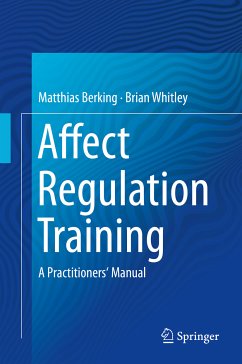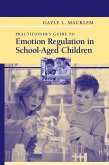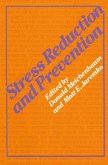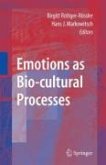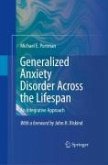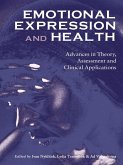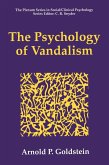No one is immune to intense emotions--and whether we accept them and how we regulate them can mean the difference between mental health or illness. The critical role of these complex emotional skills in human well-being is at the core of Affect Regulation Training (ART), which is gaining ground as both a preventive method and an adjunct to other therapies.
Affect Regulation Training combines a step-by-step manual for conducting ART with patients with an extensive review of how and why the method works. Introductory chapters analyze the relationship between deficits in emotion regulation and mental dysfunction, explain the theory behind the ART model, and offer practical ideas for optimizing treatment. The manual identifies component skills of ART such as nonjudgmental awareness and compassionate self-support, pinpoints situations in which the skills are beneficial, and provides exercises employing them individually and in combination. An evaluation section features empirical findings and feedback from therapists and clients. Included in the coverage:
The richness and flexibility of the ART program makes Affect Regulation Training an important addition to the toolkits of psychologists, psychiatrists, marriage and family therapists, and clinical counselors and social workers, as well as practitioners and administrators in fields such as substance abuse, public mental health, education, medicine, military health, and the justice system.
Affect Regulation Training combines a step-by-step manual for conducting ART with patients with an extensive review of how and why the method works. Introductory chapters analyze the relationship between deficits in emotion regulation and mental dysfunction, explain the theory behind the ART model, and offer practical ideas for optimizing treatment. The manual identifies component skills of ART such as nonjudgmental awareness and compassionate self-support, pinpoints situations in which the skills are beneficial, and provides exercises employing them individually and in combination. An evaluation section features empirical findings and feedback from therapists and clients. Included in the coverage:
- Emotion regulation: definition and relevance for mental health.
- Guidelines for effective delivery of ART.
- Linking ART skills to build successful interventions.
- Creating goals that result in effective self-management.
- Recommended education and training for therapists.
- PLUS a complete ART manual with target skills, delivery modules, and recommended intervention sequences.
The richness and flexibility of the ART program makes Affect Regulation Training an important addition to the toolkits of psychologists, psychiatrists, marriage and family therapists, and clinical counselors and social workers, as well as practitioners and administrators in fields such as substance abuse, public mental health, education, medicine, military health, and the justice system.
Dieser Download kann aus rechtlichen Gründen nur mit Rechnungsadresse in A, B, BG, CY, CZ, D, DK, EW, E, FIN, F, GR, HR, H, IRL, I, LT, L, LR, M, NL, PL, P, R, S, SLO, SK ausgeliefert werden.

